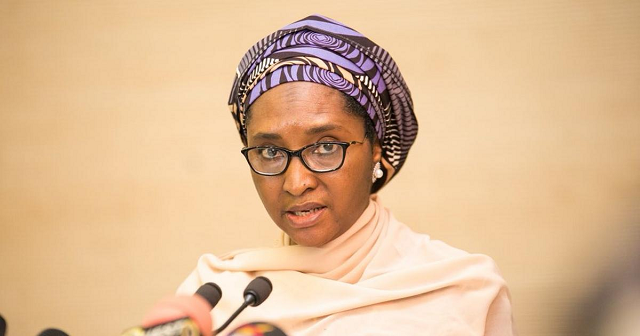Nigeria’s finance minister, Zainab Ahmed, on Wednesday, It was stated that Nigeria is considering restructuring its debt and lengthening the payback duration of its credit commitments in light of the country’s increasing debt-service requirements.
According to the article, which quotes Ahmed, the Nigerian government intends to refinance domestic debt obligations that are due this year and the next year. Additionally, 20 trillion nairas ($46.05 billion) in outstanding borrowings from the central bank would be bundled into government bonds.
Nigeria has also hired a consultant to examine how the government might obtain extra assistance to postpone repayments on its broader portfolio of debt.
Wednesday saw a decline in the value of the nation’s dollar-denominated bonds throughout the curve, with longer-dated issues losing as much as 1.8 cents to trade at 56.8 cents in the dollar, according to Tradeweb data. Nigeria’s international bonds with ten-year or longer maturities are now trading for less than 70 cents, below which debt is deemed distressed.
Ahead of the 2023 election, the Federal Government, which is under a considerable financial strain, is thinking about ways to ease borrowing demands. The government may contemplate issuing Eurobonds in 2023 if market conditions improve, the finance minister said.













